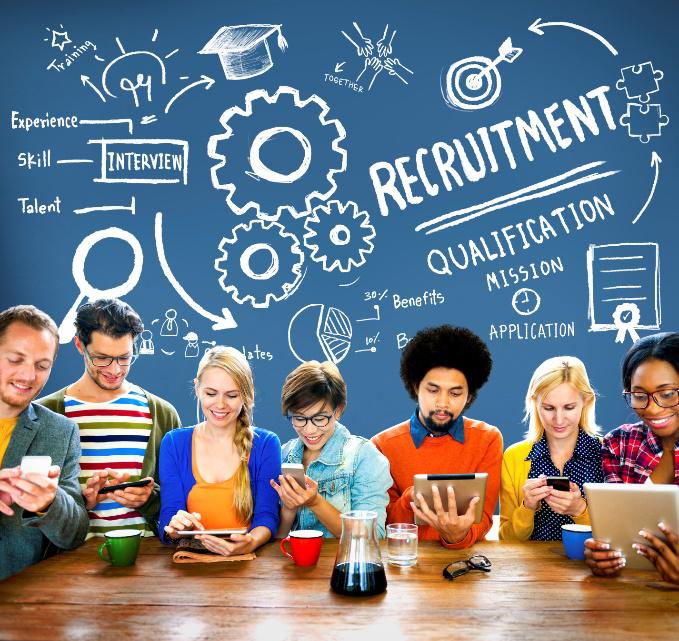And what you need to do to get them on your team
A generation of tech-savvy, highly educated, culturally diverse and purpose driven people continue to enter the workforce and if you do your homework, your business can harness their capabilities to the benefit of your company.
But millennials are a totally unique group, they’re not only the first generation in history to be born into a technologically driven society, they crave challenge, have loads of self-confidence, desire to advance rapidly and expect recognition from management.
It’s these characteristics that make recruiting and hiring millennials a challenge for some companies and have caused many of them to change their hiring processes. Here’s a look at how millennials have changed the way companies are recruiting and hiring:
Goodbye classifieds
While they still exist (somewhere), the days of running a classified ad in a newspaper to advertise your open position are gone. Millennials—and pretty much everyone else seeking employment—look for their opportunities online, whether on social media or through career sites.
So long paper applications
Just like the want ads, online applications for employment have replaced the old-fashioned paper ones. That’s not to say that job seekers won’t have to fill out paperwork at some point, but the initial application these days lives online on many different job sites, whether social media, recruiting or job posting sites like Monster, LinkedIn, Indeed and Careerbuilder.
Millennials who want to apply for your position expect to be able to do it easily and seamlessly using their laptop, mobile device or their smart phone. And if they can’t do it that way, they are likely to view your organization as archaic and won’t even bother to find out how to apply.
Make way for phone and video interviews
If the last job interview you conducted required the applicant drive across town (or fly out of state) and then to sit in a chilly conference room with suited execs, it’s either been way too long since you’ve interviewed a candidate or you’re not aware that things have dramatically changed.
Today, the in-person interview is often not “in-person” at all. Businesses save time and money by doing the initial interview via phone, Skype or another online video conferencing platform. This allows them to screen potential candidates and weed out those who don’t fit the bill—it also caters to driven millennials who are always on the go and prefer to do as much as they can via digital communication.
Say “Hello” to the BEI (Behavior Event Interview)
Because many millennials don’t have a long work history, using this technique while interviewing them allows you to get an idea of how they handle certain situations. A BEI asks open-ended questions about events the applicant have faced in the past, whether in work or life.
Questions are not rhetorical and so the answers cannot be rehearsed (like the old “tell me your greatest weakness” question). Instead, candidates are asked things like, “What was the most difficult decision you had to make in the last 3 months?” and “Tell me about a recent project that was particularly difficult and what made it difficult?”
Millennials expect and thrive with this technique of interviewing because they enjoy the opportunity to explain their motivations and their experiences.
They do their homework…
It only makes sense that millennials will have checked out your website, your social media posts and done some research into who you are and what your company is all about. And, as their potential employer, they expect that you’ve checked them out as well. That’s why many companies today put a lot of effort into their social media postings—showing off your awesome company culture is one way to attract this generation.
…and they expect you to do yours
Millennials and most other job seekers know that today’s businesses can verify and confirm their personal information through background checks. Running a check on their education, credit, criminal and driving history has become standard—and depending on the position they’re applying for, is expected.
Expect a follow up
Because it’s easy and polite, many Millennials will follow up post interview via email or text to thank you for the opportunity. While to many baby boomers or older generations a text is impersonal, to this generation it’s protocol and is no less meaningful than a written note sent in the mail.
There are nearly 80 million millennials and more of them enter the workforce each day. For companies looking to recruit this unique generation, a change in processes needs to occur. For a complimentary review of your screening and hiring processes, contact us today.

